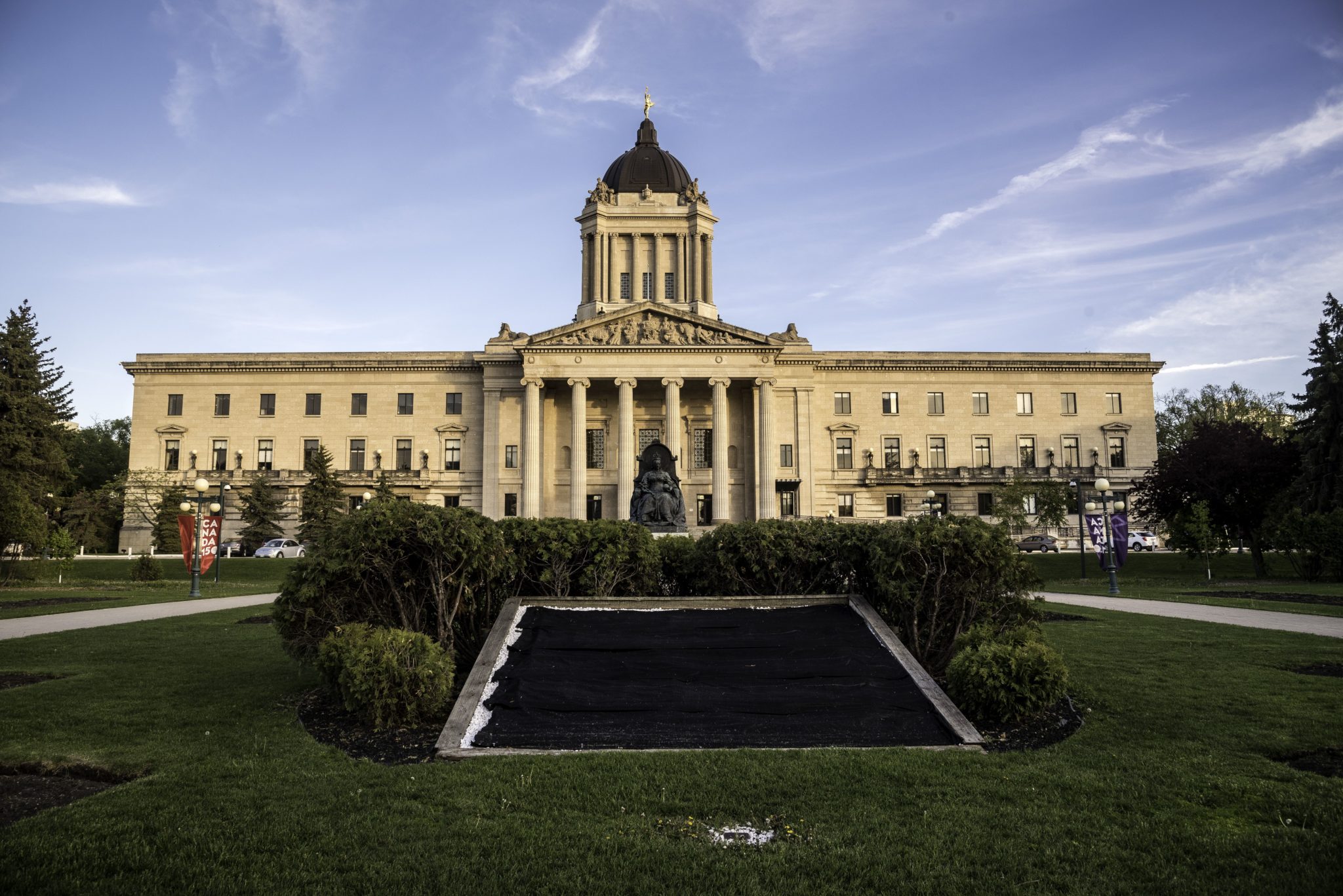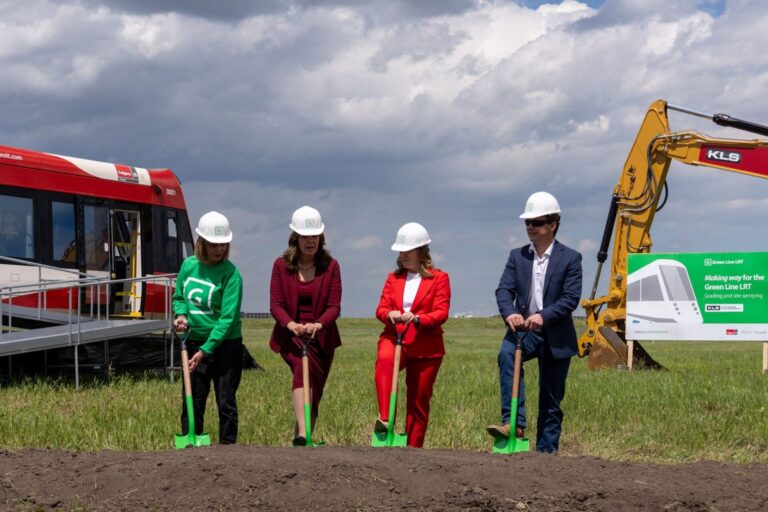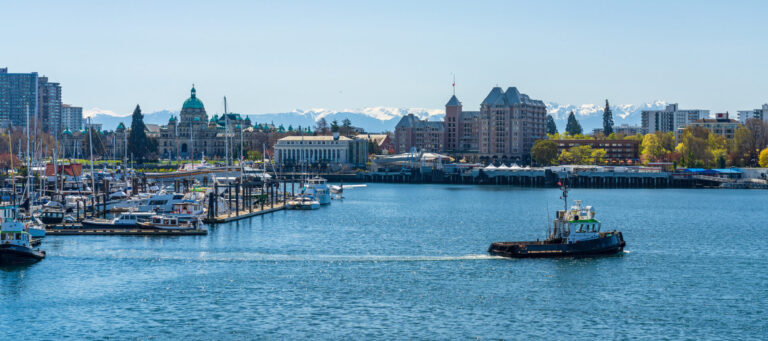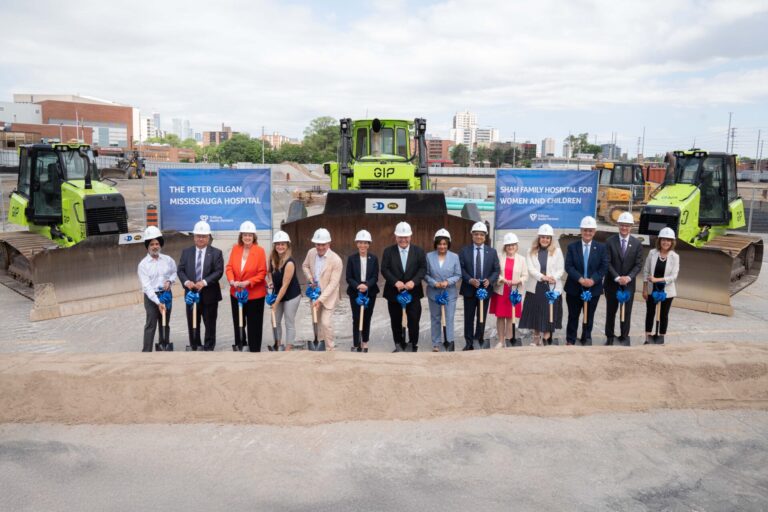Manitoba Minister of Infrastructure Ron Schuler now has a clear picture of what he is expected to accomplish in the year ahead following the release of Ministerial mandate letters by Premier Brian Pallister.
“Our commitments are clear and ambitious – to move Manitoba forward by providing better services, protecting our environment, making our communities stronger and safer, and making life more affordable for all Manitobans”, said Pallister.
The Minister will have his hands full, with several key initiatives in his hands to drive forward. Among the key tasks identified in the mandate letter were:
- Working with Canada to complete the Lake St. Martin and Lake Winnipeg outlet channels to enhance flood protection to communities throughout Manitoba;
- Developing a ten-year strategic capital plan for our provincial highways;
- Growing the highways budget by 14 per cent from $350 million to $400 million over the next four years, and ensuring this budget is either fully invested or rolled over into the following year;
- Working with your colleague, the Minister of Municipal Relations, to consult with the Association of Manitoba Municipalities and the Winnipeg Metropolitan Region on the investment of an additional $45 million on provincial infrastructure in fiscal year 2020/21;
- Working with your colleague, the Minister of Municipal Relations, to strengthen Manitoba’s existing network of flood mitigation infrastructure with a greater emphasis on pre-emptive environmental investments that achieve greater resiliency;
- Working with our Indigenous partners to transfer our northern airports and ferries to local governance;
- Eliminating forced unionization from our tendering practices; and
- Reviewing the regulatory framework for photo radar to determine whether it is effective in achieving public safety outcomes.
A handful of other key infrastructure-related activities were identified by Premier Pallister as priorities, including:
- Working with other levels of government to explore the feasibility of utilizing a P3 delivery model and the Canada Infrastructure Bank to finance and deliver the necessary upgrades to the City of Winnipeg’s North End Water Pollution Control Centre; and
- Advancing the redevelopment of the St. Boniface Emergency Department to strengthen Winnipeg’s emergency health services.
These key initiatives, and the funding for them, will be identified when the Government of Manitoba unveils its 2020-21 budget on March 11th.











